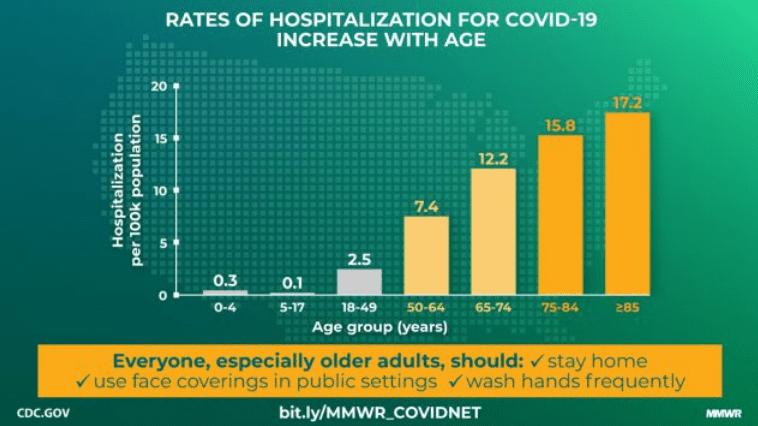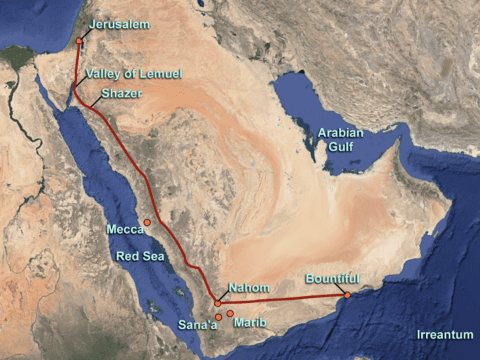There are a few books I’d like recommend to serious LDS students of the Temple. Several time previously I’ve mentioned Sinai and Zion: An Entry into the Jewish Bible by Jewish scholar Jon Levenson. Today I’ll mention some LDS books you can read online for free, plus some early Christian writings. Mormonism and Early Christianity, vol. 4 of The Collected Works of Hugh Nibley (Salt Lake City: Deseret Book, 1987) and Temple and Cosmos, vol. 12 of The Collected Works of Hugh Nibley (Salt Lake City: Deseret Book, 1992) are well worth your time. Just reading the direct quotes from ancient Christian documents – many of which were not even discovered in Joseph Smith’s day – will truly surprise you. I can’t help but see the LDS Temple as at a restoration of ancient revealed concepts. The “40-day literature,” documents discussing the sacred things that Christ taught his disciples during his 40-day ministry after His Resurrection, are especially interesting. These things were sacred and were not intended to be passed on to the world or put into public texts. Also of great value are Nibley’s discussion of ancient writings about baptism for the dead, the early Christian prayer circle, sacred vestments, apocryphal writings, geometrical symbols, and more.
LDS people familiar with the Temple may be interested in reading the works of St. Cyril of Jerusalem from the Early Church Fathers Site at Wheaton College. I particularly recommend Cyril’s discourses on the mysteries found in lectures 19, 20, 21, 22, and 23 at the end of Book 1, especially #21, the lecture on “chrism.”
For a little more fun than I normally dare to have in public, here’s an excerpt from St. Cyril’s “On Chrism” (minus the footnotes). Why this passage? Oh, no reason in particular, I suppose, just a random chunk of early Christian text, but maybe some of you will enjoy it. 🙂
Lecture XXI.
(On the Mysteries. III.)
On Chrism.
1 John ii. 20–28
But ye have an unction from the Holy One, &c..…that, when He shall appear, we may have confidence, and not be ashamed before Him at His coming.
1. Having been baptized into Christ, and put on Christ, ye have been made conformable to the Son of God; for God having foreordained us unto adoption as sons, made us to be conformed to the body of Christ’s glory. Having therefore become partakers of Christ, ye are properly called Christs, and of you God said, Touch not My Christs, or anointed. Now ye have been made Christs, by receiving the antitype of the Holy Ghost; and all things have been wrought in you by imitation, because ye are images of Christ. He washed in the river Jordan, and having imparted of the fragrance of His Godhead to the waters, He came up from them; and the Holy Ghost in the fulness of His being lighted on Him, like resting upon like. And to you in like manner, after you had come up from the pool of the sacred streams, there was given an Unction, the anti-type of that wherewith Christ was anointed; and this is the Holy Ghost; of whom also the blessed Esaias, in his prophecy respecting Him, said in the person of the Lord, The Spirit of the Lord is upon Me, because He hath anointed Me: He hath sent Me to preach glad tidings to the poor.
2. For Christ was not anointed by men with oil or material ointment, but the Father having before appointed Him to be the Saviour of the whole world, anointed Him with the Holy Ghost, as Peter says, Jesus of Nazareth, whom God anointed with the Holy Ghost. David also the Prophet cried, saying, Thy throne, O God, is for ever and ever; a sceptre of righteousness is the sceptre of Thy kingdom; Thou hast loved righteousness and hated iniquity; therefore God even Thy God hath anointed Thee with the oil of gladness above Thy fellows. And as Christ was in reality crucified, and buried, and raised, and you are in Baptism accounted worthy of being crucified, buried, and raised together with Him in a likeness, so is it with the unction also. As He was anointed with an ideal oil of gladness, that is, with the Holy Ghost, called oil of gladness, because He is the author of spiritual gladness, so ye were anointed with ointment, having been made partakers and fellows of Christ.
3. But beware of supposing this to be plain ointment. For as the Bread of the Eucharist, after the invocation of the Holy Ghost, is mere bread no longer, but the Body of Christ, so also this holy ointment is no more simple ointment, nor (so to say) common, after invocation, but it is Christ’s gift of grace, and, by the advent of the Holy Ghost, is made fit to impart His Divine Nature. Which ointment is symbolically applied to thy forehead and thy other senses; and while thy body is anointed with the visible ointment, thy soul is sanctified by the Holy and life-giving Spirit.
4. And ye were first anointed on the forehead, that ye might be delivered from the shame, which the first man who transgressed bore about with him everywhere; and that with unveiled face ye might reflect as a mirror the glory of the Lord. Then on your ears; that ye might receive the ears which are quick to hear the Divine Mysteries, of which Esaias said, The Lord gave me also an ear to hear; and the Lord Jesus in the Gospel, He that hath ears to hear let him hear. Then on the nostrils; that receiving the sacred ointment ye may say, We are to God a sweet savour of Christ, in them that are saved. Afterwards on your breast; that having put on the breast-plate of righteousness, ye may stand against the wiles of the devil. For as Christ after His Baptism, and the visitation of the Holy Ghost, went forth and vanquished the adversary, so likewise ye, after Holy Baptism and the Mystical Chrism, having put on the whole armour of the Holy Ghost, are to stand against the power of the adversary, and vanquish it, saying, I can do all things through Christ which strengtheneth me.
5. Having been counted worthy of this Holy Chrism, ye are called Christians, verifying the name also by your new birth. For before you were deemed worthy of this grace, ye had properly no right to this title, but were advancing on your way towards being Christians.
6. Moreover, you should know that in the old Scripture there lies the symbol of this Chrism. For what time Moses imparted to his brother the command of God, and made him High-priest, after bathing in water, he anointed him; and Aaron was called Christ or Anointed, evidently from the typical Chrism. So also the High-priest, in advancing Solomon to the kingdom, anointed him after he had bathed in Gihon. To them however these things happened in a figure, but to you not in a figure, but in truth; because ye were truly anointed by the Holy Ghost. Christ is the beginning of your salvation; for He is truly the First-fruit, and ye the mass; but if the First-fruit be holy, it is manifest that Its holiness will pass to the mass also.
7. Keep This unspotted: for it shall teach you all things, if it abide in you, as you have just heard declared by the blessed John, discoursing much concerning this Unction. For this holy thing is a spiritual safeguard of the body, and salvation of the soul. Of this the blessed Esaias prophesying of old time said, And on this mountain,—(now he calls the Church a mountain elsewhere also, as when he says, In the last days the mountain of the Lord’s house shall be manifest;)—on this mountain shall the Lord make unto all nations a feast; they shall drink wine, they shall drink gladness, they shall anoint themselves with ointment. And that he may make thee sure, hear what he says of this ointment as being mystical; Deliver all these things to the nations, for the counsel of the Lord is unto all nations. Having been anointed, therefore, with this holy ointment, keep it unspotted and unblemished in you, pressing forward by good works, and being made well-pleasing to the Captain of your salvation, Christ Jesus, to whom be glory for ever and ever. Amen.
Whether this has any bearing on the LDS Temple concept, I leave it to you to decide. But it’s certainly interesting. Maybe even fun. OK, not as fun as watching presidential debates or election coverage, perhaps, but there is a fun factor or two buried in there, if you’re a Mormon geek like I am.











What, Isaiah is cited as confirming late Christian identity and practices? Are you sure this is not some proto-mormon writing?
"These things were sacred and were not intended to be passed on to the world or put into public texts."
I don't mean this as a criticism, but do you ever feel queasy writing in public about things that were not intended to be public? I realize there's a big difference between writings from a thousand or more years ago, and writings that are held to be sacred today, but sometimes I still wonder (for myself), just on principle.
Mark Steele
Yes, good point Mark. Fair question. I guess the answer is yes.
Cyril was speaking about chrismation, the same anointing rite that followed baptism in Cyril's church and follows baptism in today's Eastern Orthodox church. Three immersions following by anointing of various body parts accompanied by prayers. Baptism and chrismation – the same rites performed in the 4th Century and in the 21st.